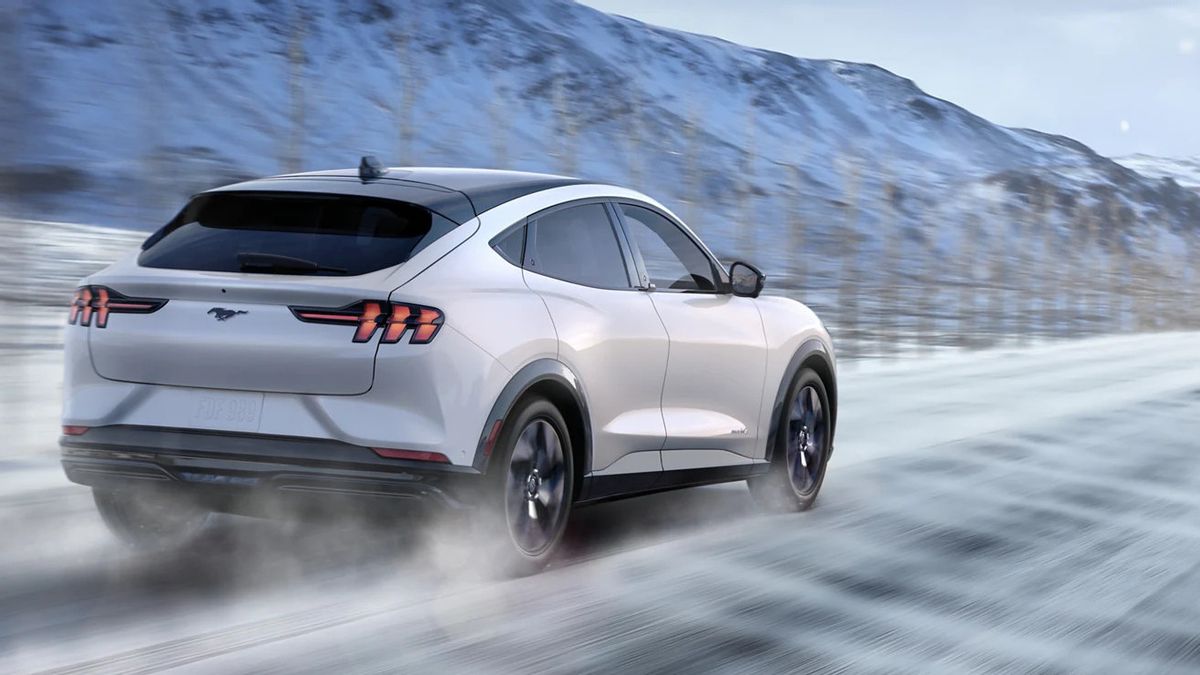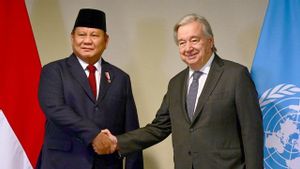JAKARTA - Despite the various electric vehicles being launched with qualified specifications recently, the results of the latest S&P Global Mobility survey (19 May 2023) actually stated that in 2022 consumer interest in electric vehicles decreased from the previous year. Only 6 out of 10 people surveyed expressed interest in buying EVs in 2022, even though in 2021 there were 8 out of every 10 people.
The decline in consumer interest is said to be due to two factors from the range of EV travel that have not been maximized and the unpreparedness of supporting infrastructure.
On the other hand, reported by Carbuzz, May 27, Ford CEO Jim Farley spoke at the company's Capital Market Day event earlier in the week, saying he would do anything to keep the battery size small in order to lower production costs.
According to Farley, the EV battery capacity war won't be a new kitchen runway war. Farley also doesn't understand the interest of people with large battery packs and the ability to travel very far away from vehicles.
But Farley's talk contradicts what Ford is currently doing which will soon launch the promised three-line electric SUV with a distance of 350 miles (563 km), but what is clear is that the company will not pursue a distance of more than 500 miles (800 km). Farley's talk is like insinuating General Motors, who has built one of the largest, heaviest, and least efficient EVs in the market.
"Everyone made an announcement, I heard the distance of the vehicle can be 450 miles to 500 miles, now there is one more today about a three-line crossover that becomes electric and has a very large battery. If you have such a battery, your company will not make money," concluded Farley.
The English, Chinese, Japanese, Arabic, and French versions are automatically generated by the AI. So there may still be inaccuracies in translating, please always see Indonesian as our main language. (system supported by DigitalSiber.id)












